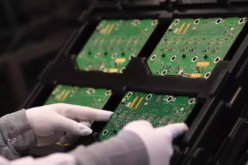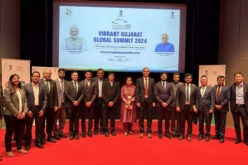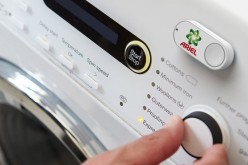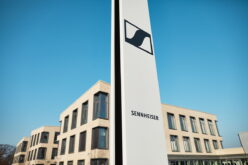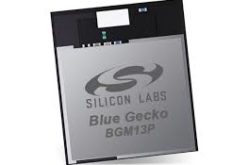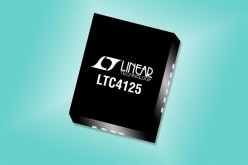Samsung increases investment in non-memory chips to $151bn
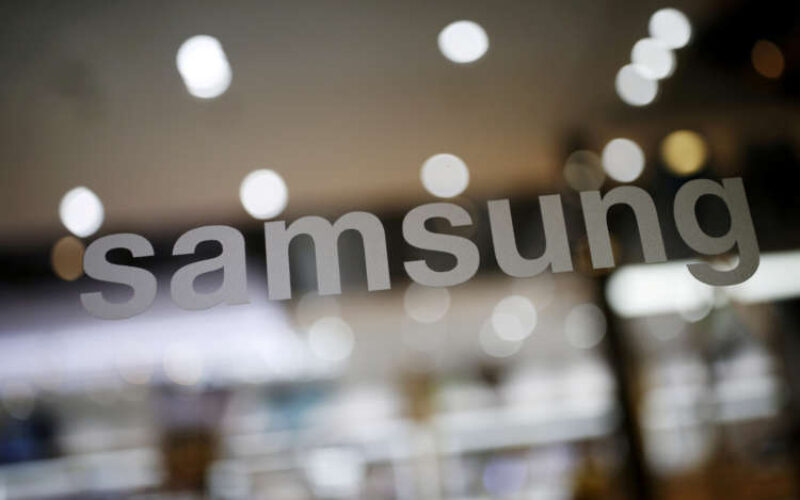
On 13th May 2021, Samsung said it would invest $151 billion in non-memory chips between now and 2030, raising a previous investment target of $115 million set in 2019.
Samsung says it will use the investment to accelerate R&D for foundry processes and fab lines.
In April, TSMC said it would invest $100 billion in the next three years to increase capacity.
Samsung’s increase investment in logic ICs comes as TSMC pulls away from Samsung in the foundry business.
Samsung’s Device Solutions (DS) Division had $15 billion in non-memory chip sales last year when TSMC’s sales amounted to over $44 billion.
Two years ago, the Device Solutions Division’s sales were 37.8% of TSMC’s. Last year they fell to 33.8%. The division’s Q1 operating profit was $3 billion – down 16% y-o-y because of declining profitability in the foundry business – while TSMC’s Q1 profit was $5.36 billion.
Some 153 chip companies including global No.1 and 2 memory chip makers Samsung and SK Hynix already have plans to invest a combined 510 trillion won or more between this year and 2030, according to the Korea Semiconductor Industry Association. Samsung also said in a statement that its third chip production line at Pyeongtaek, south of Seoul – the size of 25 football fields – will be completed in the second half of 2022.
South Korea will increase tax breaks to 6% from the current 3% or lower for capital expenditures between the second half of 2021 to 2024 for large corporations conducting “key strategic technology” including semiconductors, the Ministry of Trade, Industry and Energy said in a statement. The government will offer about 1 trillion won in long-term loans for increasing 8-inch wafer chip contract manufacturing capacity and investment for materials and packaging. It also raised the number of chip industry workers to be educated to 36,000 by 2030, more than double its previous target in 2019.” Setting up an environment where smaller fabless firms can thrive, with plenty of workforce and foundries, would naturally bolster system chip industry,” said Jinwook Burm, head of the Institute of Semiconductor Engineers.






